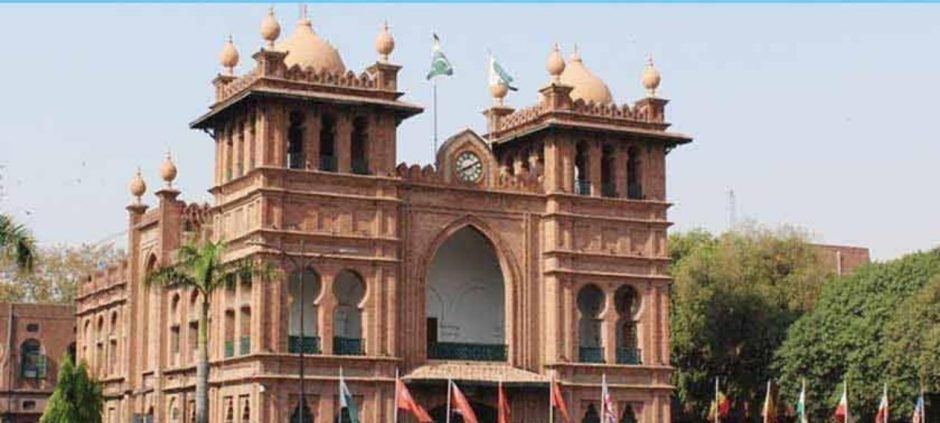LAHORE – The Punjab Assembly’s Standing Committee on Local Government has approved the Punjab Local Government Bill 2025, paving the way for a new governance structure in the province.
Under the bill, fresh constituency boundaries will be drawn ahead of the local government elections scheduled for December 2025. The Election Commission will work with Deputy Commissioners to oversee the delimitation process.
The proposed system will establish multiple tiers of local bodies, including Union Councils, Tehsil Councils, Town Councils, Municipal Corporations, and Municipal Committees. These institutions will be given the authority to collect local taxes and initiate development projects.
The bill also includes the creation of district-level authorities to manage essential services such as sewage systems and the provision of clean drinking water. A Finance Commission will be set up to ensure the fair distribution of funds across the province.
One of the most debated clauses in earlier drafts proposed making Deputy Commissioners the heads of district committees. This provision faced criticism from political and civic groups for undermining elected representation. In the latest version, the role of committee head has been assigned to elected representatives, with Deputy Commissioners serving only as co-chairpersons.
The Punjab Local Government Bill 2025 has undergone a detailed clause-by-clause review in the committee. It will now move to the Punjab Assembly for final approval before being signed by the Governor of Punjab.
In a separate development, the provincial assembly also considered legislation to make mother tongue a compulsory subject in schools and Madaris at the primary level. The proposed law aims to preserve cultural heritage by teaching Punjabi, Seraiki, and other regional languages. The language to be taught in each district would be determined through an official notification.
If approved, the new governance system is expected to significantly change the way local administrations operate in Punjab, with a stronger role for elected officials and a more structured approach to public service delivery.
For more on how the Arbaeen March was postponed after key negotiations, read on Arbaeen March Postponed After Govt-MWM Agreement.











